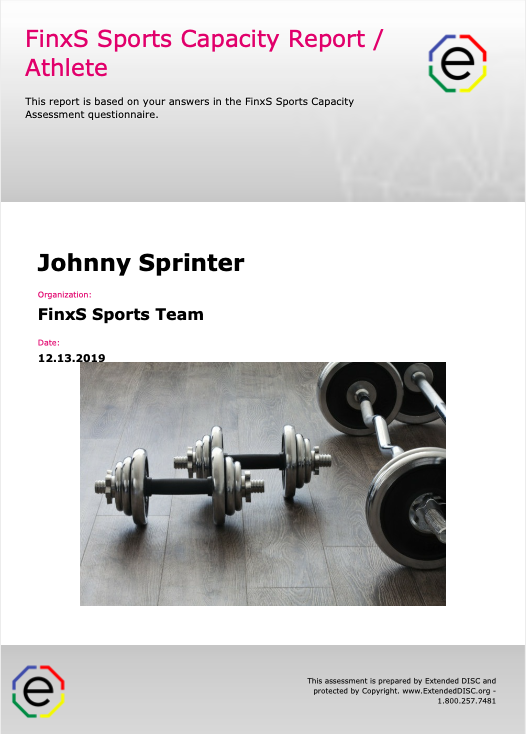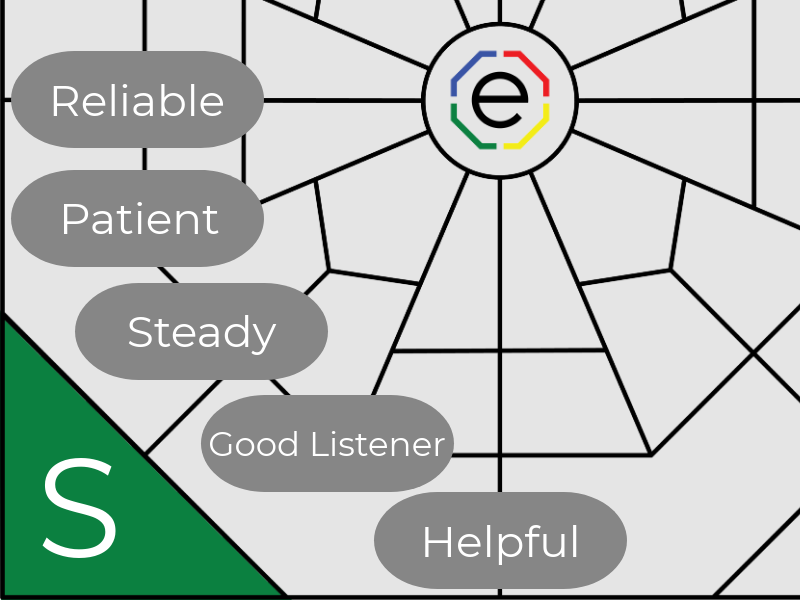
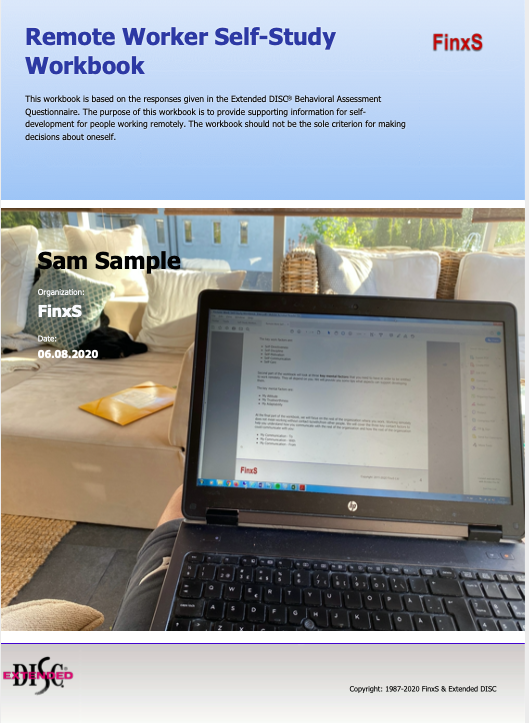
The Remote Worker Self-Study Workbook helps you create remote work settings and processes to support your strongest behavioral traits.

We have all, at one point in time, thought to ourselves, "I could've handled that situation better."

You're likely reading this from home instead of your normal workplace. Learn how DISC helps you take on these sudden changes and new challenges.
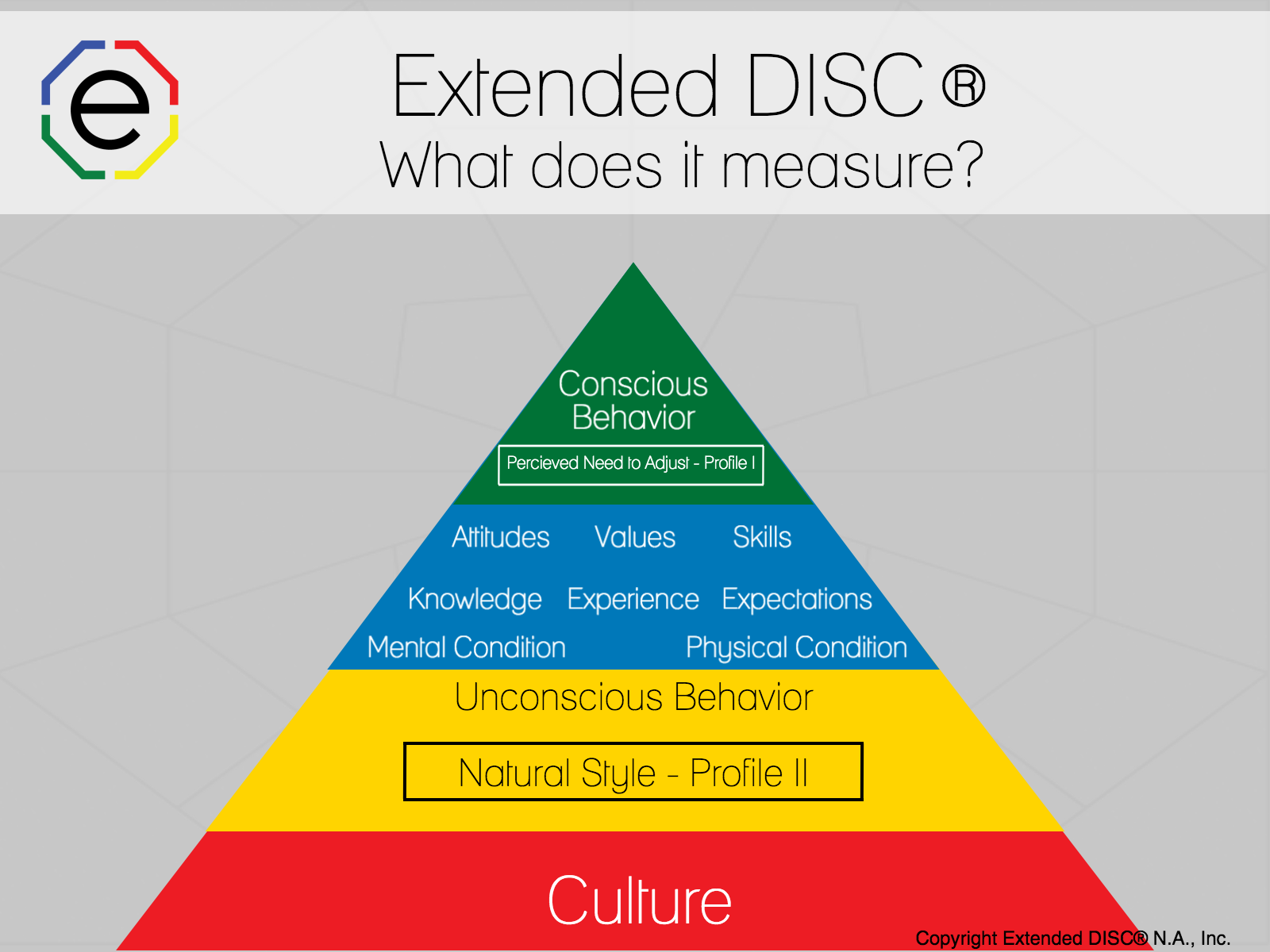
DISC tools are commonly used to enhance workplace communication, but do you actually know what DISC does and doesn't measure?
DISC is a powerful tool because it is easily understood and practical to use. Most of us don't need to know the methodology behind it; we just want to know if we can trust the results. However, if you're curious as to what the Extended DISC® Tool measures and doesn't
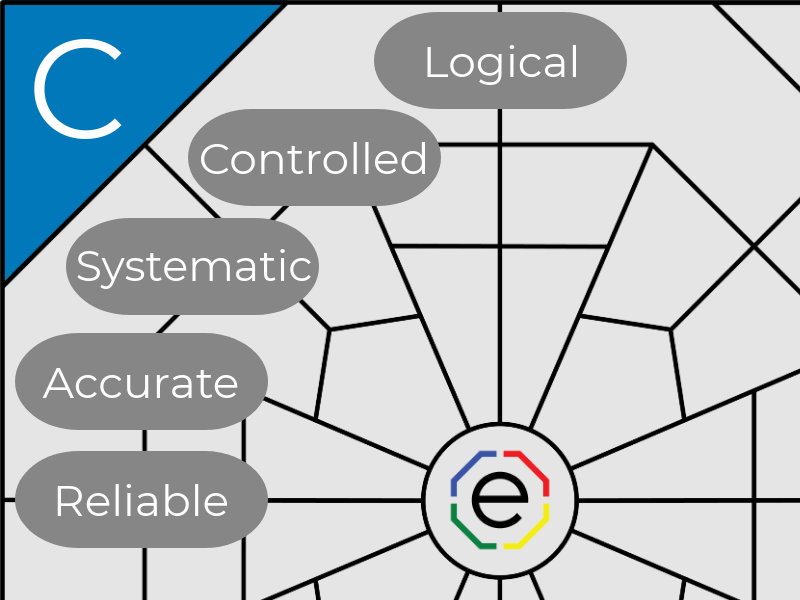
How do we identify and describe C-styles?
Do you work with or know someone who tends to be more analytical and reserved; someone we'd describe as a C-style? Has it been easy or challenging for you to interact with them? We can interact better with our C-style colleagues if we understand their style.
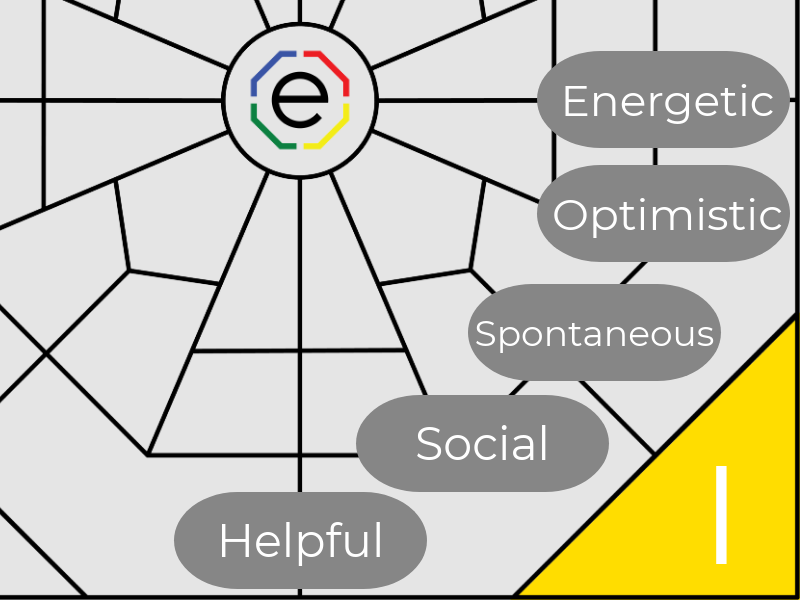
How do we identify and describe I-styles?
I-styles are typically more energetic, open, and social. Do you know anyone who is an I-style? Is it easy or more challenging for you to work with them? Understanding I-styles better can help you interact more effectively.
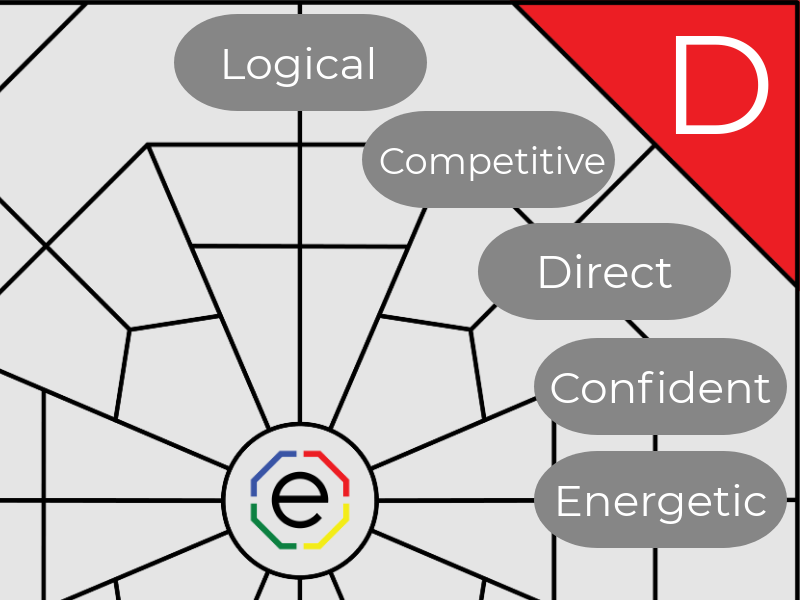
How do we identify and describe D-styles?
Do you have colleagues who tend to be fast-paced, task-focused, and more assertive? Is it easy or more challenging for you to work with them? You can interact more effectively with them if you understanding D-styles.

